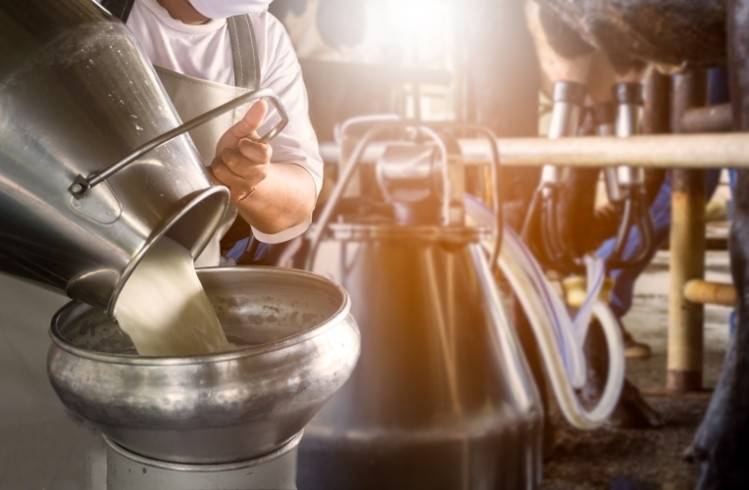
Dairy farmers are receiving up to 12% more price for milk since last one week, which can increase in the upcoming weeks as supplies from them are low, top dairy executives said.
However, this increase will not affect retail prices and the incentive is to help farmers take better care of cattle for higher milk production that dropped by 3-4% since the lockdown last year, said RS Sodhi, MD of Gujarat Cooperative Milk Marketing Federation (GCMMF).
Sodhi said we have increased the cow & buffalo milk procurement price by Rs 3/kg from this month as there is scope to increase farmers’ prices by Rs 3-4 a kg. However, it will not affect consumer prices. Currently, farmers in Maharashtra were getting Rs 28/kg for cow milk while for buffalo milk it was Rs 40 a kg, Sodhi added.
Gujarat Cooperative Milk Marketing Federation or Amul will look at the demand as well as supply situation and accordingly increase the procurement prices in the coming month, Sodhi informed.
Rahul Kumar, MD of Lactalis India, the French company that owns Tirumala milk Products said, “Milk supplies by dairy farmers have been 4-5% less compared to the previous year because farmers put advanced fertility treatment for cattle on hold during March to June, leading to a break in the milk cycle & drop in production.”
Kumar said, “We have increased procurement prices by Rs 2 to 3 a litre or 7 to 12% to Rs 28 a kg for cow milk while Rs 47 a kg for buffalo milk. This will support farmers & help them invest more in their livestock health and quality feed. The institutional & consumer sales are expected to increase after March and demand for milk and milk products too will rise”.
Further Mother Dairy has increased farmer prices by 6% in the last two months despite this being the winter season.
“The onset of the flush season appears to have been delayed, because of which the increase in milk production has not been as anticipated,” Kumar said adding that they do not foresee any movement in consumer prices soon.
Dairy companies said that the drop in milk production is largely in the North were from November-January is the flush season when milk production increases naturally with an abundance of green fodder.










